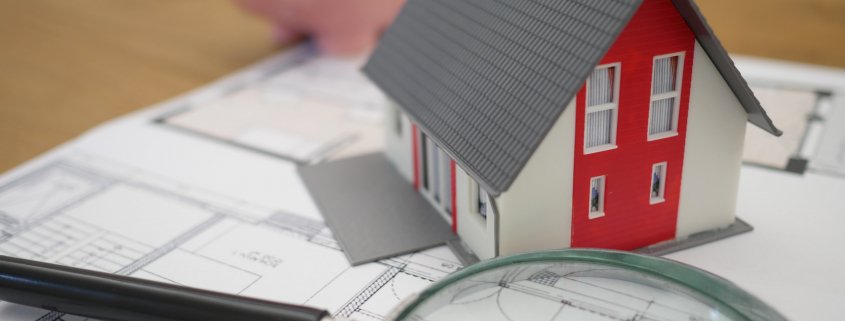Hidden costs in a home – how a home inspection report can help
When looking for a new home people tend to take a property at a nominal price, only considering which home is the most affordable right now. All too often, people forget to consider the hidden costs in a home and the repairs a house might need. But that’s where a home inspection report can help.
A house might be $20,000 cheaper now, but what if it needs its roof or cladding replacing in a few years? All of a sudden, you’ve got a house that might not have been the more affordable option after all. Factoring in the hidden costs of a home in a home inspection report is one way to prepare yourself for taking on a property.
Getting an unwanted surprise
Once you’ve signed on the dotted line and made the purchase, your home is your responsibility. That’s why any unexpected problems or repairs needed can be a shock to the system – and the wallet!
Years and years of life and wear can take their toll on a property – so it’s no wonder things need repairing as time goes on. While some parts of a house might last a lifetime, others might age quicker. It’s been suggested that the average house needs a 50% replacement over a 30-year period – an important thing to consider if you’re planning on purchasing any property! And while we can’t know if that figure is bang on for all homes, it’s certainly a big enough percentage to think about.
What parts of homes tend to lead to hidden costs?
The exterior of a house tends to weather the full force of the elements, so pay attention to the environment your home is in when looking at a property. Houses exposed to more wind, rain, or damage from trees will likely need their cladding or roofing replaced sooner than others. A property inspector will look at the materials used for cladding and how durable it is to give you an idea of whether it might need replacing soon.
Inside the house, things like flooring, doors, and windows will need maintenance because of wear and tear. Piping is another thing a property inspector pays attention to, as homes built mid-century with copper pipes are approaching the 70-year lifespan mark.
A hot water cylinder is also a common cause for concern – and their lifetime is often just down to luck. I’ve seen cylinders over 50 years old still working perfectly well, or some less than 20 years old that need replacing. Ensure your property inspector gives the hot water cylinder a look to determine what sort of condition it’s in.
To read about the ageing parts of a home in a bit more depth, have a read of one of my earlier blogs.
How a home inspection report can make a difference
A home inspection report can’t predict the future, but it can give you an idea of the repairs you might need to prepare yourself for when purchasing a property. Knowing the future costs of a home will mean you can make as informed a decision as possible – and feel pretty confident that no surprise hits to your bank account will happen anytime soon.








